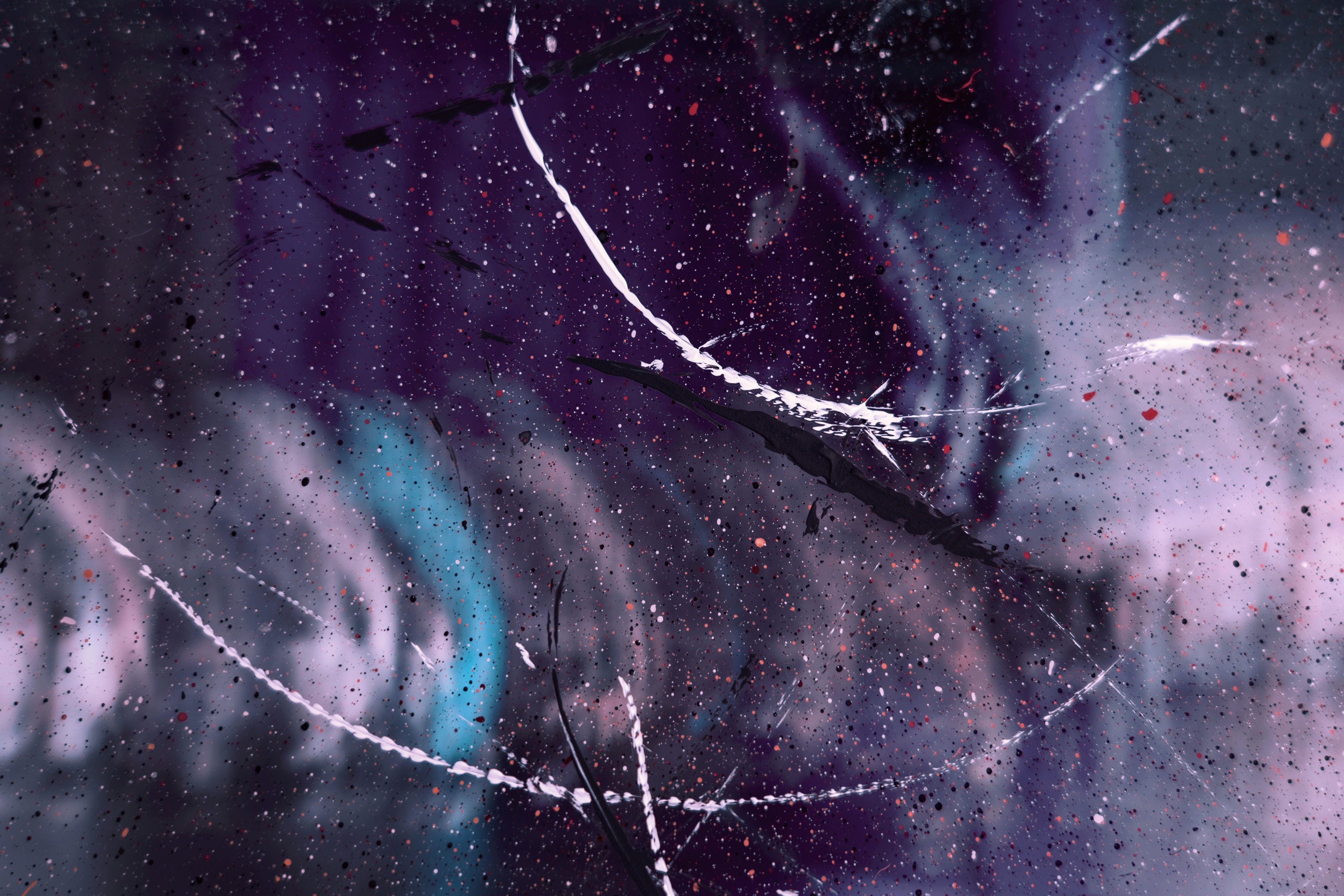
There’s only one title I have ever wanted: The World’s Greatest Detective. In my youth it was held by the fictional detectives Hercule Poirot and Sherlock Holmes, then in my teens and 20s, I came to believe Batman was the rightful owner. Now, I don’t know.
Nothing gets me more excited than a good detective story. Whether it’s Perveen Mistry in 1920s India or John Luther in modern London, give me a puzzle and you’ve got my attention.
Turns out, reporters can be detectives too. “Gumshoe reporting” and “shoe-leather reporting” are both respected parts of the profession. And when NYT editor Sam Sifton came to talk to my food writing class, he said he wasn’t looking for stylish writers who can him their I’s and me’s. He wanted someone who was a relentless reporter.
“Reporting” has a special meaning in the journalism world. It means going out there and talking to people, picking up the phone, getting experts, collecting details from the field. It has nothing to do with writing beautiful sentences or paragraphs. Some reporters are lousy writers. But that’s what editors do, polish up the words. The editor can’t talk to sources. Only the reporter can.
I get the detective gene from my Dad. All of his kids are researchers of some kind, stumbling around a room until we find the light switch. Dad ponders the mysteries of math, my older brother the lungs, my sister microbes, and my younger brother human behavior.
I’m not so specialized. I like to stick my nose into all kinds of things: history, business, pop culture. For a long time, I felt like a lightweight in my family of scholars. Other siblings would have every book in a series, every toy from a line. My room was a panoply of mixed interests: dinosaurs, trains, airplanes, poetry. Why couldn’t I just stick with one thing?
I found my tribe in journalism. We’re a bunch of generalists who write with scholarly precision. Our job requires empathy, stubbornness, and an ability to talk to people. These are things that used to get me in trouble in the engineering world. Now they are an asset.
Maybe I’ll publish a lot of articles, win awards, write books, and be the toast of the town. Maybe I’ll just wallow somewhere in the mushy middle of “coulda-been-great” and retire with my Times byline being my biggest accomplishment, completed before my career proper even started.
But I found my place in the world.
Detectives, the best ones anyway, aren’t just trying to answer the question, whodunit? They serve priestly roles, digging into the truth, understanding motives, seeing into the hearts of the innocent and guilty. They reveal ugly and beautiful things about us, things we would rather not see or simply cannot see.
Perhaps that’s why Chesterton’s Father Brown has earned his place in detective fiction. He seeks the truth, not just the facts but the person behind the actions. He administers pastoral care with gentleness. He is not a cold brute, but a restorer of order, an agent of true peace.
In the lull between Christmas and New Years, I put on my coat and walked into the night. My feet found their way up Park Avenue, a pleasant path through the still twinkling windows and pine needled displays. I walked all the way up to Grand Central Station, my mind a jumble of fears and concerns that too often crowd my thoughts.
As I turned back downtown, not far from a mass of tourists and crowds, a young man came up to me and mumbled something. I asked him to repeat it, and he kindly did so before continuing on. His words warmed my heart as he disappeared with his friends into the gloom.
“I like your coat. It makes you look like a detective.”




